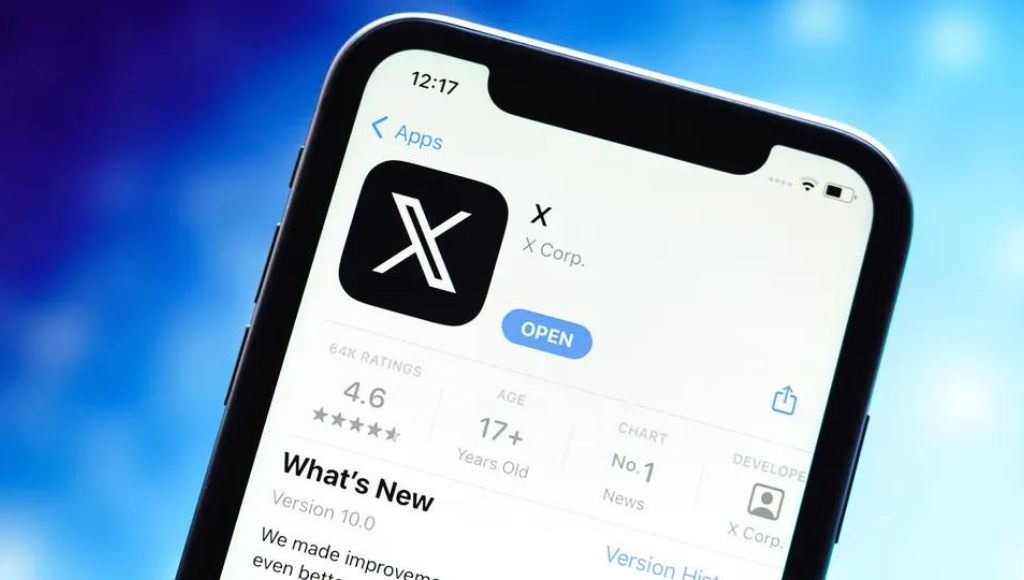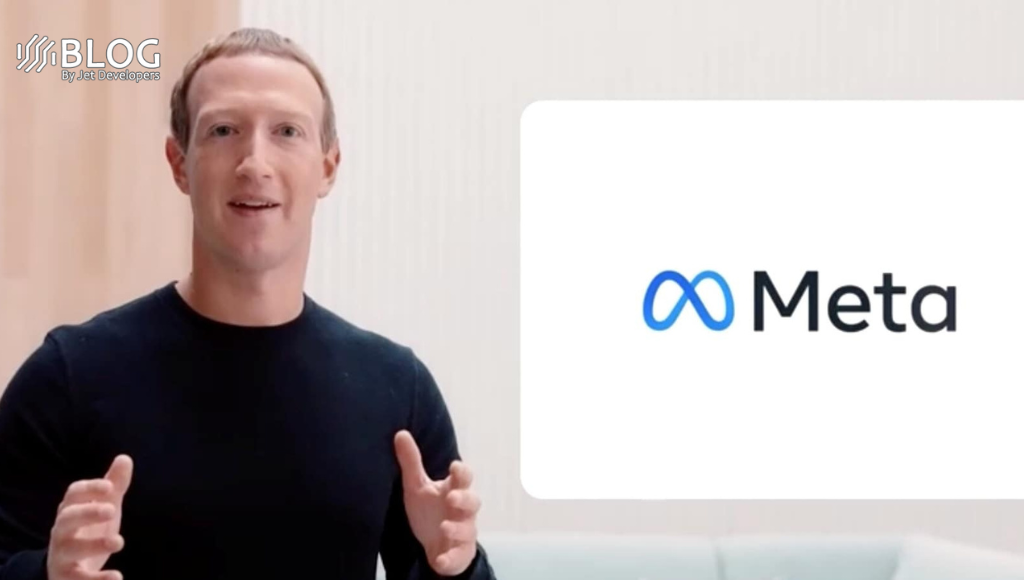In a surprising turn of events, Twitter, now rebranded as X after its acquisition by Elon Musk in the previous year, has ignited a wave of anxiety among its long-standing users. Reports suggest that a substantial portion of photos posted on the platform between 2011 and 2014 has seemingly vanished. Notably, links that once utilized Twitter’s proprietary URL shortener are also non-operational. Despite the cause behind this sweeping deletion remaining obscure, numerous users are deeply concerned about the potential loss of their cherished memories and valuable data.
The Enigma of Twitter’s Link Shortening Domain
As revealed by a recent Forbes article, the issue was first brought to public attention by Tom Coates, an early Twitter adopter since 2007. He took to the platform to highlight the predicament.
At the heart of the problem appears to lie Twitter’s link shortening domain, the novel URL structure designed to monitor user engagement. Unfortunately, this domain is reportedly malfunctioning, resulting in the vanishing act affecting images and links on the platform.
Twitter introduced native image uploads in 2011, an improvement over the previous reliance on third-party services like TwitPic for photo sharing. The shutdown of TwitPic in 2014 led to the loss of many images from that era. Now, the concern is that even images directly uploaded to Twitter during the period between 2011 and 2014 are in jeopardy, as they are conspicuously absent from the site.
Speculations on Reddit’s Datahoarder forum, a community dedicated to data preservation, suggest that Twitter could be considering a migration to X.com, a domain long owned by Musk. However, this remains speculative and lacks official confirmation from Twitter. Another conjecture posits that Twitter might be seeking cost savings by trimming image hosting expenses, yet this theory remains unsubstantiated by any official statement from the platform.
Eliminating Blocks on X
In a recent twist, Elon Musk announced on Twitter his decision to remove the blocking feature from the platform. This feature allowed users to prevent designated accounts from interacting with them or accessing their posts. Having acquired the company in the prior year, Musk has implemented a series of contentious modifications.
Users can still utilize the mute feature to conceal specific accounts from their view without alerting those accounts to the action. Musk clarified that this feature will be applicable solely to direct messages, not public posts.
Although Musk professes to champion free speech, critics assert that he has not fully accepted accountability for the content circulating on his platform. Studies have even documented an upswing in hate speech and anti-Semitic content on Twitter since his acquisition. Furthermore, some governments have accused the platform of inadequate content moderation.
Metamorphosis Under Musk’s Tutelage
Since Elon Musk’s acquisition of Twitter for a staggering $44 billion in October 2022, the platform has undergone substantial transformations. One of Musk’s initial steps was to initiate extensive workforce reductions, a move aimed at offsetting the considerable financial burden of the acquisition. Additionally, Musk enacted alterations to the platform’s moderation policies, permitting numerous individuals who were formerly banned to rejoin. Notably, some, such as Kanye West and Nick Fuentes, were later re-banned for disseminating anti-Semitic remarks. Nevertheless, others continue to operate on the platform, disseminating both hatred and misinformation.
Even former President Donald Trump was welcomed back to Twitter by Musk. However, Trump opted to adhere to his self-launched platform, Truth Social, introduced in 2022. Since Musk’s takeover, he has courted controversy by amplifying the voices of extreme and fringe figures on the platform.
Another perplexing decision from Twitter was the reinstatement of an account allegedly involved in sharing child sexual abuse material. Musk personally confirmed the account’s return, drawing criticism from Australian lawmakers who recently interrogated a Twitter executive on the matter. The executive argued that some accounts may share such content as an expression of “outrage,” and reiterated that multiple violations might not necessarily lead to a ban. However, experts contend that sharing such material perpetuates harm against victims and should be unequivocally condemned.






